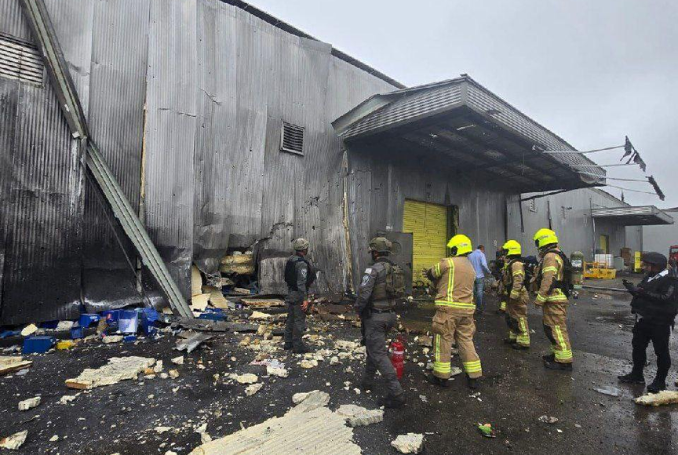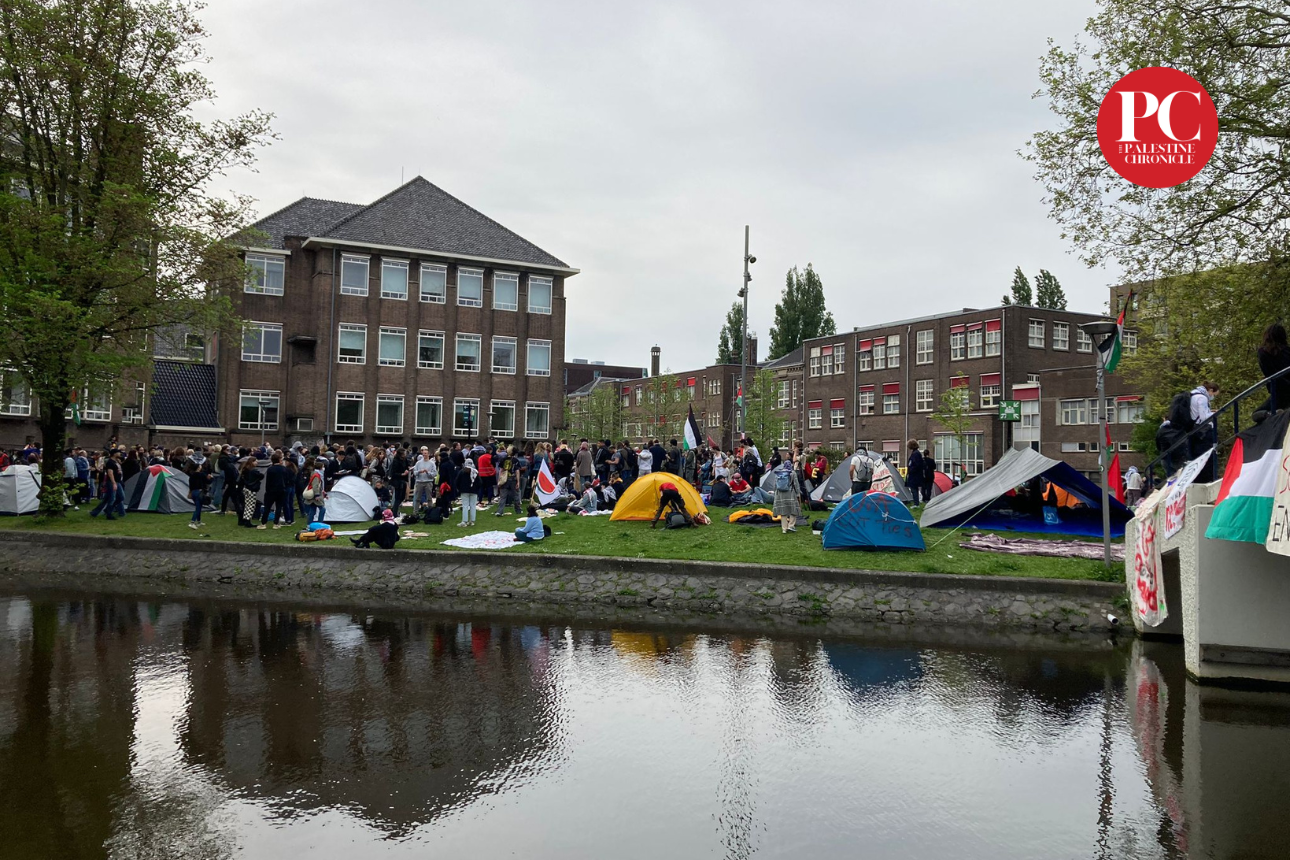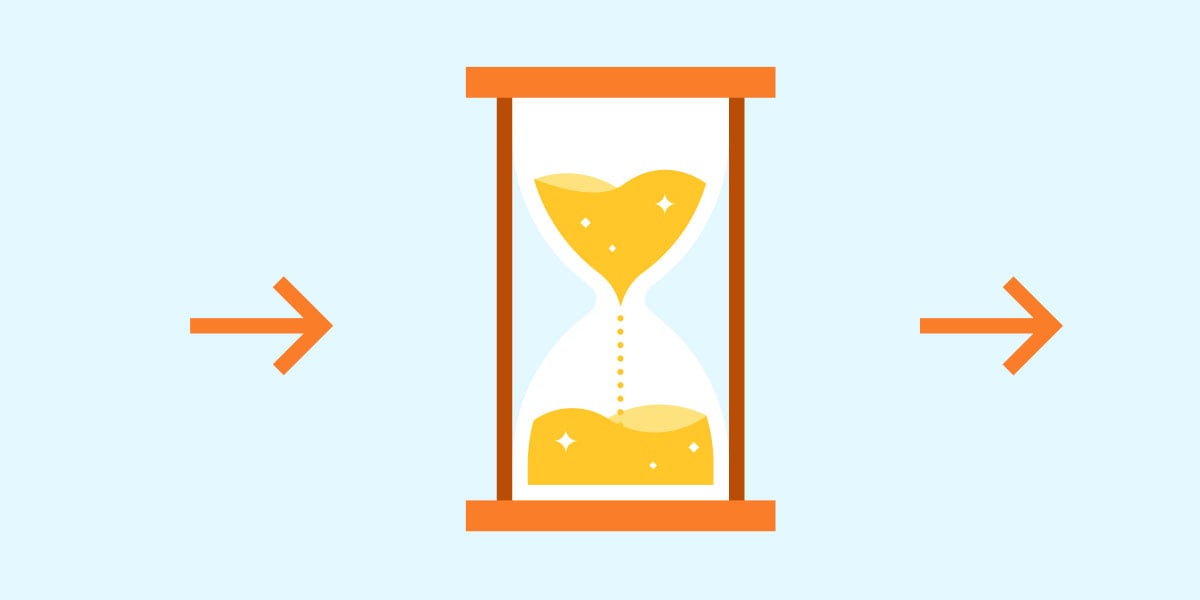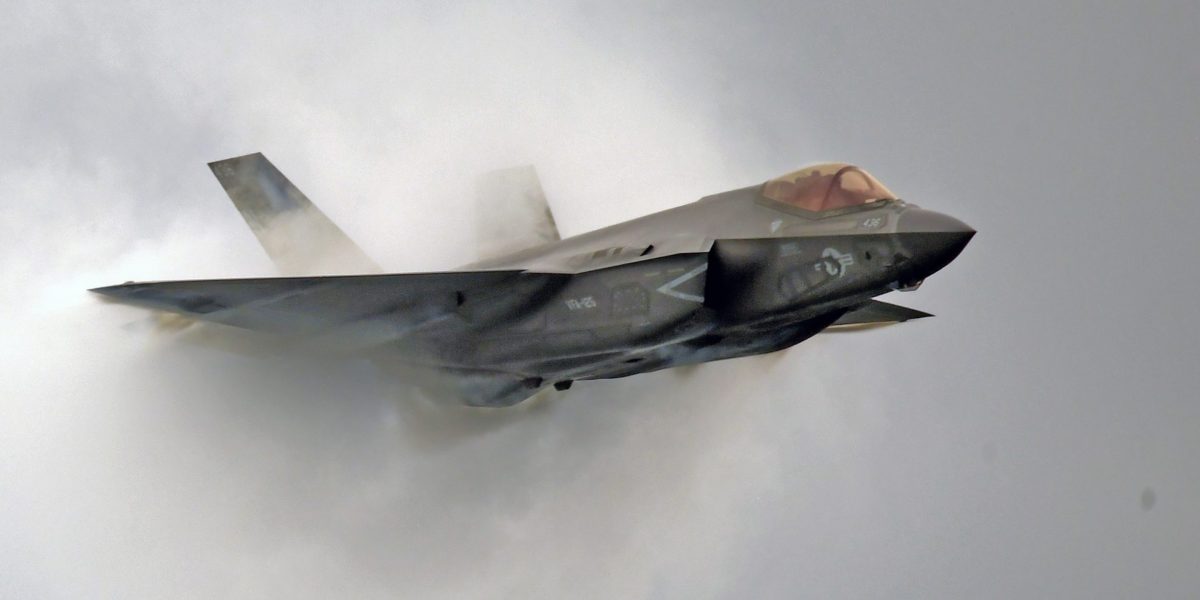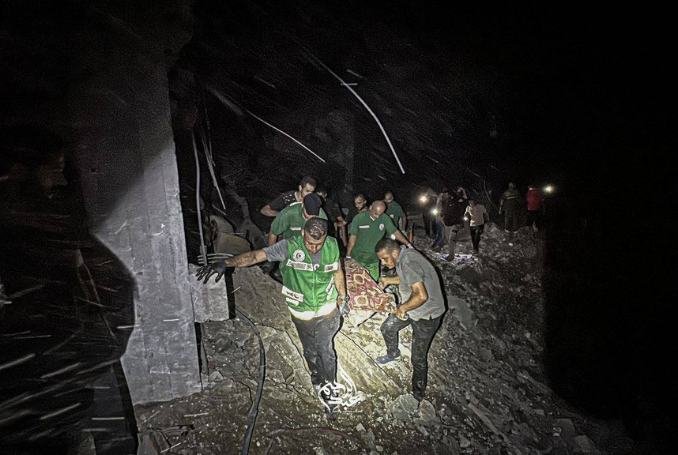

Amidst a bloody siege, UNRWA reiterated OCHA’s appeal to Israeli occupation authorities for free access to the north of Gaza to conduct lifesaving rescue operations.
The United Nations for Refugees and Works Agency (UNRWA) urged the Israeli occupation authorities on Monday to allow its team access to the north of Gaza to conduct “lifesaving operations” amidst a deadly Israeli military campaign for over two weeks leaving Palestinians with no medicine, water or food.
The UN organization reiterated in a post on X the urgent request by the United Nations Office for the Coordination of Humanitarian Affairs (OCHA) to the Israeli occupation authorities “to allow access in order to carry out lifesaving rescue operations in (northern) Gaza, including the recovery of people trapped under rubble.”
UNRWA detailed in another post the health situation in the north of Gaza stating that none of UNRWA’s medical points are operational, nonetheless, its teams are ready but in desperate need of medical supplies to be able to provide care.
It added that patients in the ICU have died following power cuts due to Israeli strikes on hospital facilities, stressing that the Kamal Adwan and Al-Awda hospitals are operating at minimum capacity due to an acute shortage of medical supplies and staff.
Amid Ongoing Jabaliya Siege, Israel Kills Scores of Palestinians in Gaza
‘Forced to Live in Toilets’
On his part, UNRWA’s Commissioner-General, Philippe Lazzarini, stated in a post on his X account that the Israeli occupation authorities “continue to deny humanitarian missions to reach the north with critical supplies including medicine and food for people under siege.”
“Hospitals have been hit and are left without power while injured people are left without care,” he continued.
“@UNRWA remaining shelters are so overcrowded, some displaced people are now forced to live in the toilets,” he added.
The commissioner-general quoted reports that spoke of the devastating humanitarian conditions under which Palestinians in the north are living during the latest Israeli deadly military operation that entered its third week.
“People attempting to flee are getting killed, their bodies left on the street. Missions to rescue people from under the rubble are also being denied,” he said.
He demanded the Israeli occupation authorities to allow humanitarian agencies including the UNRWA access to the north of Gaza, emphasizing that “no one should beg to assist or be assisted,” and aid should reach everyone in Gaza including Israeli captives.
“Denying and weaponizing humanitarian assistance to achieve military purposes is a sign of how low the moral compass is,” Lazzarini added.
He ended by calling for a ceasefire.
“A ceasefire is the beginning to putting an end to this endless nightmare,” he said.
Two Massacres in under 24 Hours – Israeli Airstrikes Kill at least 73 in Beit Lahia
On its turn, OCHA revealed in a post on X that it was denied access by the Israeli occupation authorities for the fourth consecutive day to the Faluja area of Jabaliya, in the north of Gaza “to help those trapped under the rubble.”
The UN organization warned that these delays by Israel are “likely costing lives.”
The Onslaught Continues
These outcries from international organizations coincided with an announcement by the Palestinian Civil Defense in Gaza that over 600 people have been killed since the beginning of the latest Israeli military offensive in the north of the Strip over two weeks ago, Anadolu news agency said.
“The bodies of dozens of dead people are still under the rubble and on the streets as civil defense teams can’t reach them,” the Palestinian Civil Defense Spokesman Mahmoud Basal told Anadolu.
A health ministry official in Gaza stressed on October 19 that the exact number of casualties is impossible to determine in the north of Gaza.
“The figures are alarming, and the ones we report are only those we manage to recover,” he said, noting that the three hospitals in northern Gaza are now out of service after being targeted by Israeli forces.
“It has almost become banal, normalised, to disregard International Humanitarian Law and if we let this continue my fear is that it will become irrelevant.”@UNLazzarini tells @stephensackur on @BBCHARDtalk there needs to be accountability for all crimes observed during the war. pic.twitter.com/xR6QaLhdxK
— UNRWA (@UNRWA) September 15, 2024
The official confirmed that the current conditions in northern Gaza are more dire than in the early days of the war. “We are receiving distress calls about the occupation forces executing civilians they have detained in northern Gaza,” he added.
On the 17th day of the suffocating Israeli siege on the north of Gaza, scenes of death and destruction remain to emerge from the stricken area.
The bombardments have destroyed homes, shelters, and entire residential neighborhoods while blocking the entry of food, water and medicine.
Ongoing Genocide
Flouting a UN Security Council resolution demanding an immediate ceasefire, Israel has faced international condemnation amid its continued brutal offensive on Gaza.
Currently on trial before the International Court of Justice for genocide against Palestinians, Israel has been waging a devastating war on Gaza since October 7.
According to Gaza’s Ministry of Health, 42,603 Palestinians have been killed, and 99,795 wounded in Israel’s ongoing genocide in Gaza starting on October 7, 2023.
Moreover, at least 11,000 people are unaccounted for, presumed dead under the rubble of their homes throughout the Strip.
Israel says that 1,200 soldiers and civilians were killed during the Al-Aqsa Flood Operation on October 7. Israeli media published reports suggesting that many Israelis were killed on that day by ‘friendly fire’.
LIVE BLOG: State of Emergency in Tel Aviv | Israel Besieges Beit Lahia – Day 382
Palestinian and international organizations say that the majority of those killed and wounded are women and children.
The Israeli war has resulted in an acute famine, mostly in northern Gaza, resulting in the death of many Palestinians, mostly children.
The Israeli aggression has also resulted in the forceful displacement of nearly two million people from all over the Gaza Strip, with the vast majority of the displaced forced into the densely crowded southern city of Rafah near the border with Egypt – in what has become Palestine’s largest mass exodus since the 1948 Nakba.
Later in the war, hundreds of thousands of Palestinians began moving from the south to central Gaza in a constant search for safety.
(PC, Anadolu)



